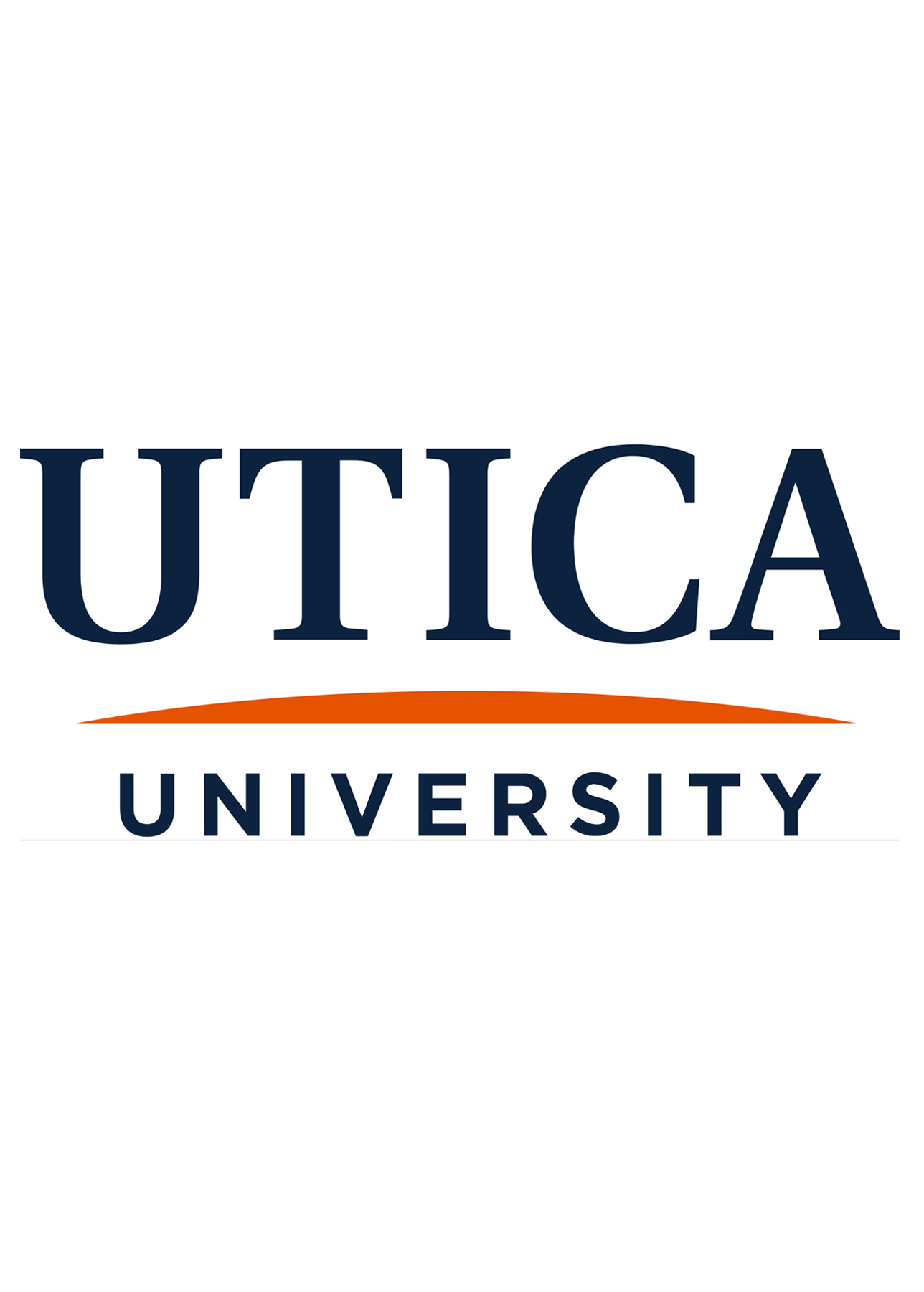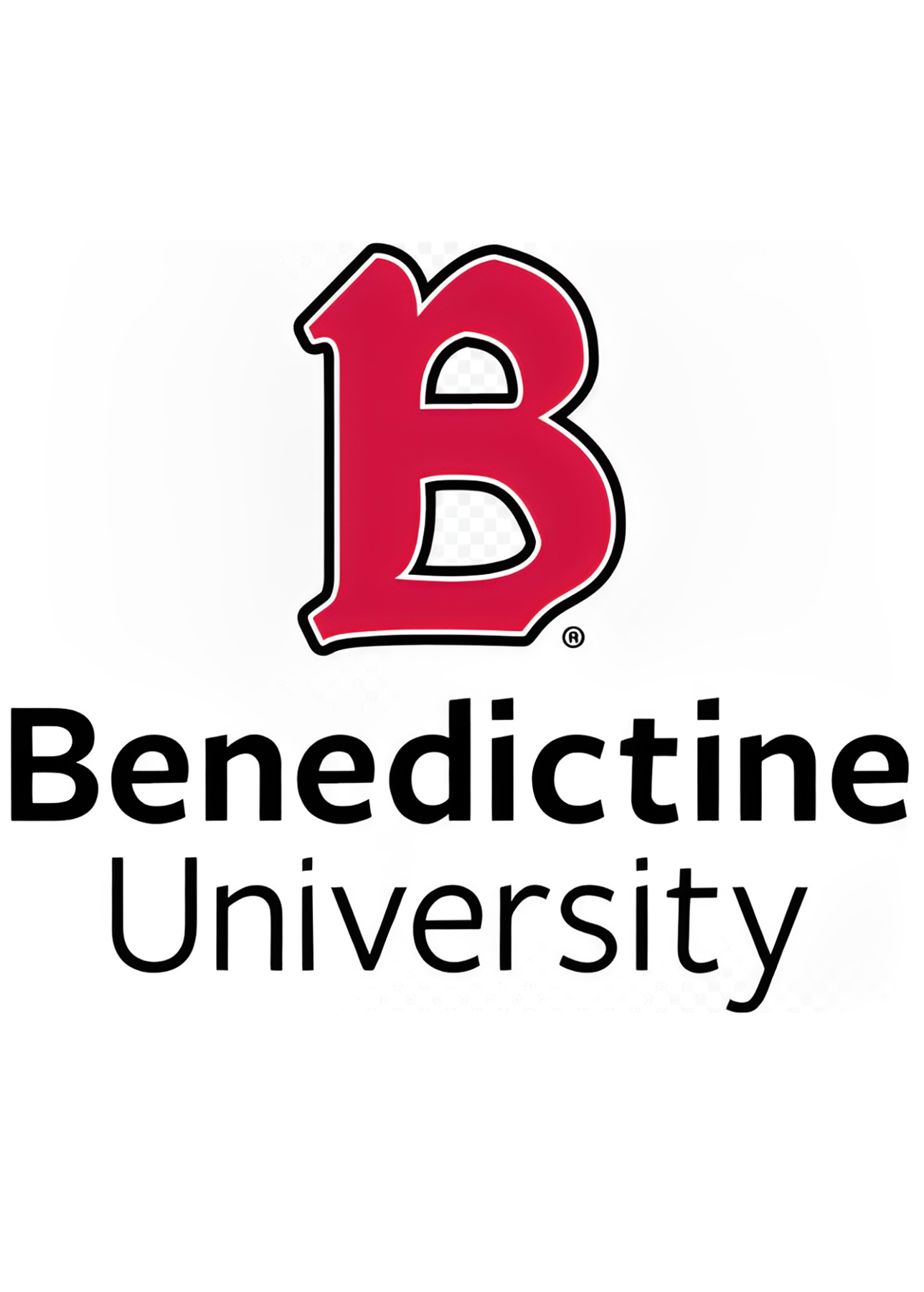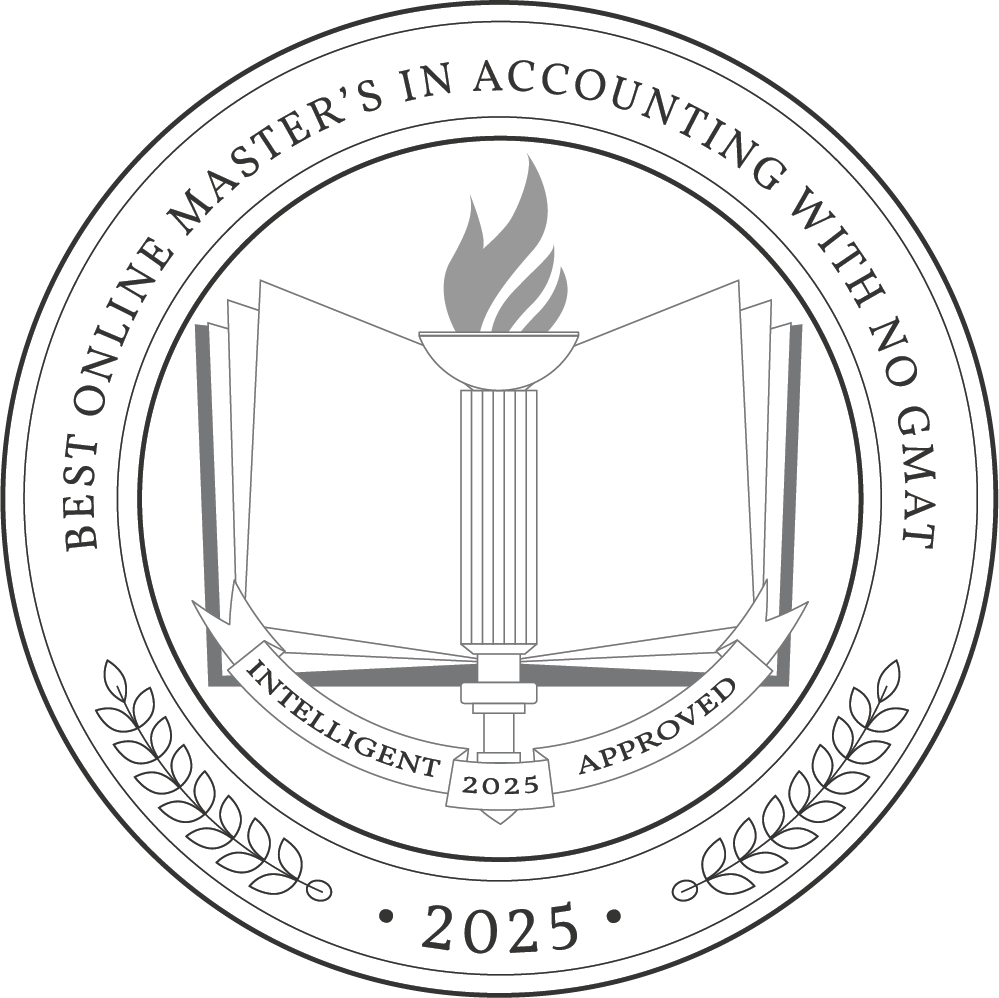If you’re looking to level up your career in accounting without the hurdle of GMAT scores, these programs may be exactly what you need to achieve your goals. Here, we’ll explore the best online master’s in accounting programs with no GMAT, prioritizing a holistic evaluation of your candidacy.
These degrees offer the same high-quality curriculum as traditional programs, making advanced accounting education more accessible and appealing to a broader range of applicants. Achieving this degree can lead to higher pay and career advancement, with the median salary for accountants at $79,880 in 2023 and the top 10% earning upwards of $137,280. Notably, the demand for accountants is steady, with 126,500 new jobs expected annually over the next decade.
Programs typically take 18 months to two years for full-time students to complete. With an average tuition of $20,513 per year, this degree is sure to set you up for long-term success.
Why Trust Us
The Intelligent.com Higher Education Team is dedicated to providing students with independent, equitable school and program rankings and well-researched resources. Our expert-driven articles cover topics related to online colleges and programs, paying for school, and career outlooks. We use data from the U.S. Department of Education’s College Scorecard, the National Center for Education Statistics, and other reputable educational and professional organizations. Our academic advisory team reviews content and verifies accuracy throughout the year for the most current information. Partnerships do not influence rankings or editorial decisions.
- Analyzed over 2,000 national, accredited, and nonprofit colleges and universities
- 800+ rankings pages are reviewed and updated yearly
- Content is informed by reputable sources, surveys, and interviews with academic advisors and other experts
- Over 100 data points are reviewed for accuracy and quality throughout the year, including sources
How we rank schools
Our list features the best online Accounting With No GMAT degree programs at top colleges nationwide. Each school featured is a nonprofit, accredited institution — either public or private — with a high standard of academic quality for post-secondary institutions.
We evaluated each school’s program on tuition costs, admission, retention and graduation rates, faculty, reputation, and the student resources provided for online students. We collected data from trusted sources like the National Center for Education Statistics, individual school and program websites, school admissions counselors, and other data sources. Then, we calculated the Intelligent Score on a scale of 0 to 100 based on the following criterion:
Academic Quality:
- Admission rate versus enrollment rate
- Retention rate of students who return after year one
- Accreditation status (regional and programmatic)
- Nonprofit status, both private and public institutions
Graduation Rate
- Overall graduation rate
- Total number of currently enrolled students, including diversity metrics
- Student-to-faculty ratio
Cost and ROI
- In-state and out-of-state per-credit tuition rates and fees
- Required credits to graduate
- Earning potential after graduation
- Availability of federal student loans, scholarships, and other financial aid options
Student Resources
- Available student services for online-only and hybrid programs
- On-campus amenities like tutoring centers and the number of libraries
Read more about our ranking methodology.
Best 5 Accredited Online Master's in Accounting With No GMAT Programs
FiltersInstitution Type
Status
- Intelligent Score
- Alphabetically By University Name
- Acceptance Rate
- Enrollment
- In-state Graduate Tuition
- Out-of-state Graduate Tuition
- In-state Undergraduate Tuition
- Out-of-state Undergraduate Tuition

Utica College
Intelligent Score: 98.65In-state: $21,560
Out-of-state: $21,560
In-state: $21,480
Out-of-state: $21,480
SAT: N/A
ACT: N/A
$775
Online
Accreditation Council for Business Schools and Programs
30

Benedictine University
Intelligent Score: 98.09In-state: $30,830
Out-of-state: $30,830
In-state: $18,574
Out-of-state: $18,574
SAT: 980-1160
ACT: 19-26
$800
On-Campus
Higher Learning Commission
39

Southern New Hampshire University
Intelligent Score: 91.38In-state: $9,600
Out-of-state: $9,600
In-state: $18,810
Out-of-state: $18,810
SAT: N/A
ACT: N/A
$637
Online
Accreditation Council for Business Schools and Programs
30

St. John’s University
Intelligent Score: 90.62In-state: $42,530
Out-of-state: $42,530
In-state: $29,816
Out-of-state: $29,816
SAT: 1080-1300
ACT: 23-29
$1,280
Online, On Campus
Association to Advance Collegiate Schools of Business
33

Seton Hall University
Intelligent Score: 90.14In-state: $42,920
Out-of-state: $42,920
In-state: $24,372
Out-of-state: $24,372
SAT: 1150-1310
ACT: 25-30
$1,465
Online, On Campus
Association to Advance Collegiate Schools of Business
30
How to Choose an Online Master’s in Accounting With No GMAT Program
Choose your area of study
While accounting is already relatively niche, you can further tailor your education to your career goals by selecting an area of study — often called a specialization by most graduate programs. Consider asking yourself:
- Which accounting fields am I most enthusiastic about?
- What skills do I want to develop further?
- Which industries or sectors interest me the most?
Specialization options will vary by school, but many students specialize in taxation, ideal for those aiming to become tax consultants or advisors; auditing, suited for students interested in internal or external auditing roles; or forensic accounting, perfect for those wanting to investigate financial fraud.
Research schools and programs
With your intended specialization in mind, you can turn your attention to researching schools and programs. You already know that schools that don’t require the GMAT are a top priority, but there are other factors to consider, including:
- Does a recognized accrediting body accredit the program?
- What are the specific admission requirements?
- Does the curriculum support my specialization?
- What is the program’s graduation rate and job placement rate?
- Are there opportunities for internships or networking?
You can find this information by visiting the program’s website, speaking with an admissions counselor, or attending a virtual open house. Many students also benefit from forums like LinkedIn and Reddit, where you can gain insider perspectives on potential programs.
Prepare for tests and applications
Start by assessing each program’s specific requirements, as these can vary — especially for programs forgoing the traditional GMAT instead of other criteria. In general, you’ll want to focus on things like:
- Securing strong letters of recommendation from academic or professional references
- Writing a solid personal statement about your goals and why you’re an excellent fit for the program
- Highlighting your professional background in accounting or a related field
Thorough preparation in these areas will help illustrate your qualifications and alignment with the expectations of your top programs.
Select your program
Once acceptance letters arrive, you may have a big decision to make. Take some time to revisit your initial research criteria and evaluate how each program aligns with your career goals and personal priorities. This might mean focusing on factors like program reputation, curriculum relevance, and graduation rates — all important to your long-term academic success.
Reassess the total cost of attendance, including any additional fees, and compare it with financial aid offers to ensure your decision is financially feasible and academically sound.
Determine how you’ll pay for your degree
Now that you’ve decided on your future program, it’s time to figure out how you’ll pay for your degree. This can be daunting, but there are many financial aid resources to help.
Start with scholarships and grants, as these merit- and need-based awards don’t require repayment. Next, consider assistantships, which offer teaching or research roles, and stipends or tuition waivers for part-time work. If you’re already employed in a related field, check if your employer offers tuition reimbursement programs.
Federal loans should be used to bridge any remaining financial gaps, as they typically have lower interest rates and more flexible repayment options than private loans.
What Can You Expect From an Online Master’s in Accounting With No GMAT Program?
An online master’s in accounting without a GMAT requirement offers an identical curriculum to those requiring the test, focusing on financial reporting, auditing, tax research, and managerial accounting.
These programs consider other factors instead of test scores, like glowing letters of recommendation from solid professional references or academic performance during admissions. This can be beneficial for those wanting to be assessed on metrics other than standardized testing, focusing more on holistic evaluation.
As a student, you’ll gain advanced knowledge of accounting principles, ethical standards, and analytical skills essential for high-level decision-making. Many programs include a capstone course, synthesizing learned concepts through practical, real-world projects and boosting problem-solving abilities. This hands-on experience ensures you’ll be well-prepared for leadership roles post-graduation, increasing your career prospects and potential for long-term success.
Potential courses you’ll take in an online master’s in accounting with no GMAT program
- Financial Reporting: In this foundational course, students will learn complex accounting issues, including consolidations, foreign currency transactions, and derivatives. Lessons emphasize mastering GAAP and IFRS standards for accurate financial statement preparation.
- Auditing and Assurance Services: Another core requirement, this course covers the principles and procedures of auditing, focusing on risk assessment, internal controls, and audit planning. Participants learn to evaluate evidence, document findings, and provide assurance on financial statements.
- Tax Research and Planning: Students will explore high-level tax concepts, including corporate tax structures, estate planning, and international taxation. This class emphasizes research skills and strategic tax planning to minimize tax liabilities legally.
- Managerial Accounting: Typically an upper-level course, this class focuses on using accounting information for internal decision-making, including budgeting, cost analysis, and performance evaluation. Learners will study how to support business strategies and improve operational efficiency.
- Forensic Accounting and Fraud Examination: Often deemed an elective, this course covers legal aspects, investigative procedures, and the role of forensic accounting in litigation support. Participants will learn techniques for detecting and investigating financial fraud.
Online Master’s in Accounting With No GMAT Degree Frequently Asked Questions
How do I apply to an online master's in accounting with no GMAT degree program?
While some programs may have specific admission requirements, many share similar criteria, including:
- Bachelor’s degree in accounting or a related field
- Transcripts from all previously attended institutions
- Personal statement
- Letters of recommendation
- Resume or CV
Since these programs don’t require the GMAT, you will likely see programs requiring additional criteria — like relevant work experience or an interview requirement. Be sure to check with an admissions counselor before applying to ensure you understand and meet the requirements.
How much does an online master's in accounting with no GMAT degree cost?
According to the most recent data from the National Center for Education Statistics, the average tuition for a graduate degree is $20,513 per year. However, this can fluctuate based on whether the institution is private or public and if you qualify for in-state tuition, which can lower expenses.
You’ll likely encounter additional costs like technology fees, course materials, and textbooks as an online student. There’s also the potential for extra expenses related to software, proctoring services, and other resources necessary for online learning.
How long does it take to earn an online master's in accounting with no GMAT degree?
Obtaining your master’s in accounting takes 18 months to two years for full-time students and three to four years for part-time students. Full-time enrollment often suits those with more time to devote to their studies, allowing quicker completion. Part-time enrollment is ideal for working professionals balancing their studies with outside responsibilities.
It’s crucial to assess total credit requirements, which can vary significantly between programs, influencing the overall duration. Some programs may require 30 credits, while others may demand up to 45, directly impacting completion timelines.

